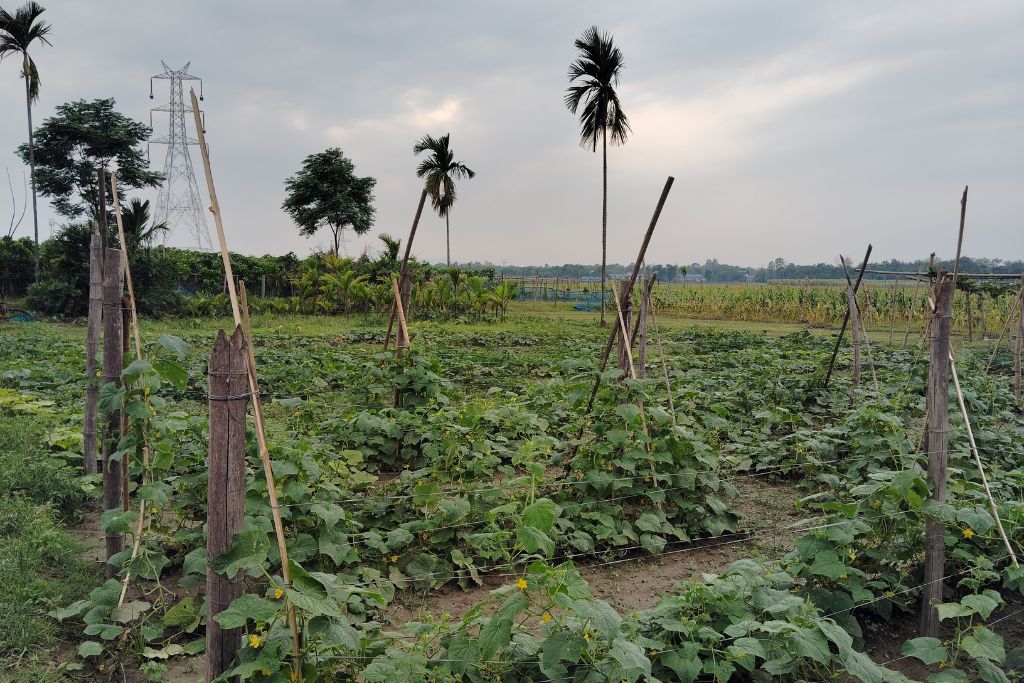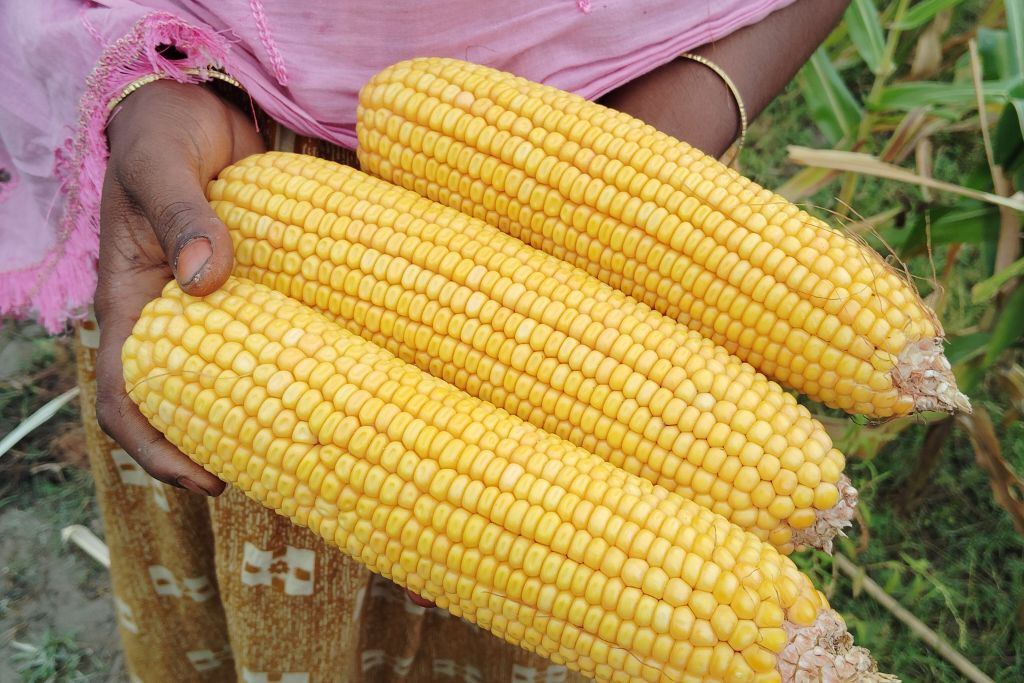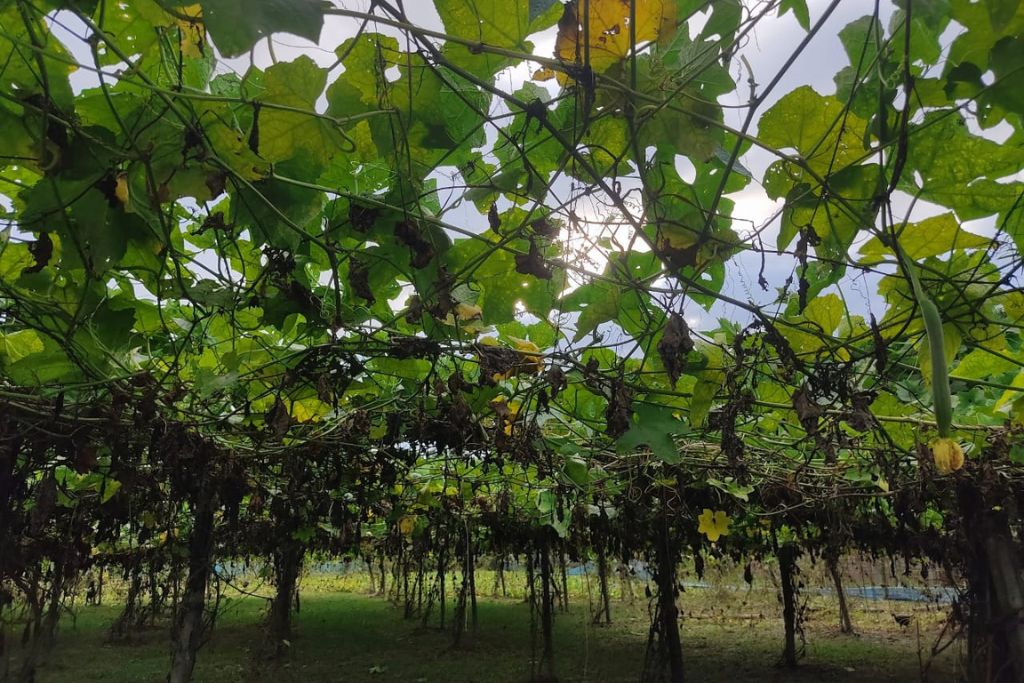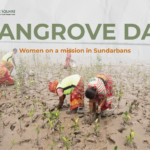Somina Khatun of Hardemara village in Chapar-Salkocha block of Dhubri district, who cultivates rice and vegetables, gets a better yield and more income after she learnt about scientific cultivation techniques and organic manure from her producers’ group. Here’s her journey in her own words.
I grew up in Dholmara village of Choibari Tea Estate in Dhubri district, with two brothers and four sisters.
My father, a daily wage labourer, earned just Rs 200 per day, which had to support all nine of us.
We lived in a modest one-room house made of hay, where we studied, cooked and slept.
Due to our financial constraints, I could not study beyond class V.
When I was 16, my parents got me married to my husband who is twice my age.
We live in Hardemara, a small village in the Chapar-Salkocha block, with our two children. Our community is diverse, with Muslims, Bengalis, Koch Rajbongshi and the Assamese.
My husband and I used to follow the conventional methods of cultivation.
In 2021, I joined the Moromi Self-help Group (SHG). My active involvement in the SHG eventually led me to join the Mili Producers’ Group, which is registered under ASRLM (Assam State Rural Livelihood Mission) and promoted by SeSTA (Seven Sisters Development Assistance).
Being a member of the groups has made a lot of difference to the way we farm.
Through my groups, I learned about scientific methods like proper layout for cultivation, disease management, soil preparation and intercropping.
As a member of Mili, we got good-quality seeds that give increased yield, and agricultural tools like weeders and wheel hoes. We also attended training programmes and learnt about different organic manures and sustainable farming.
I started using homemade organic manures, such as jivamrut, ghanajivamrut and vermicompost for better and natural growth of my crops.
This not only improves the quality of my vegetables but also minimises the negative impact on the environment. The yield is more and so I earn more.
In our small one bigha plot, my husband and I now cultivate many vegetables, such as bottle gourd, cucumber, ridge gourd, sponge gourd and tomatoes.
In 2022-23, my annual income rose by about Rs 35,000, thanks to the scientific farming techniques and the use of organic manure. Our expenses for the organic manure and seeds for this period were around Rs 15,000.
Selling vegetables like sponge gourd, pumpkin and maize in the market in July brought in a substantial income of about 50,000.
This improved finance allows me to support my family’s needs, invest in my children’s education and save for the future.
I couldn’t complete my schooling. But I’m determined to ensure that my children, Afrina and Saiful, are not deprived of education.
With a renewed sense of confidence, I’m now more committed to sustainable agriculture, continuously adapting to new methods for better productivity and a brighter future for my family.
Reporting and photography by Mridusmita Gogoi, an Executive Trainee at SeSTA.











